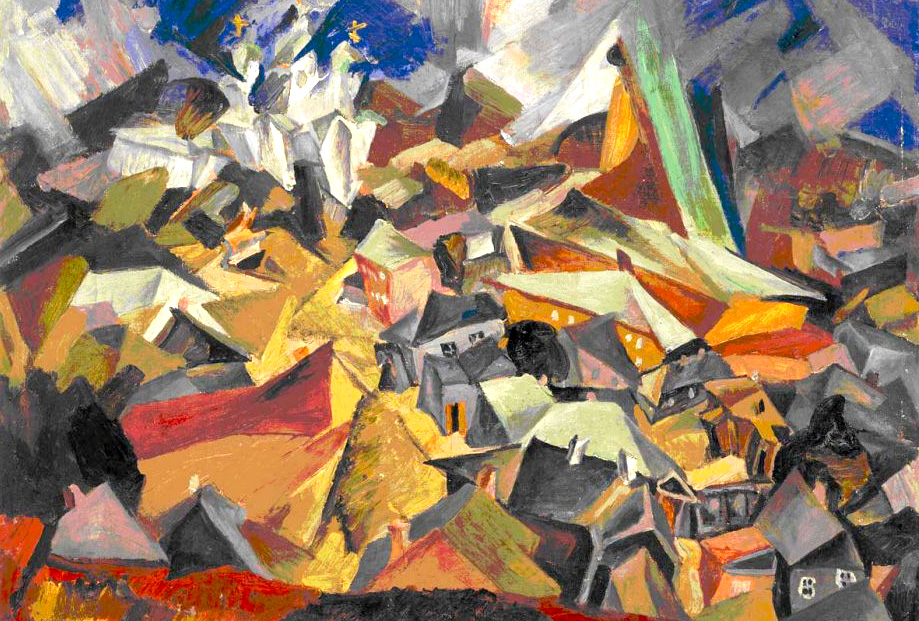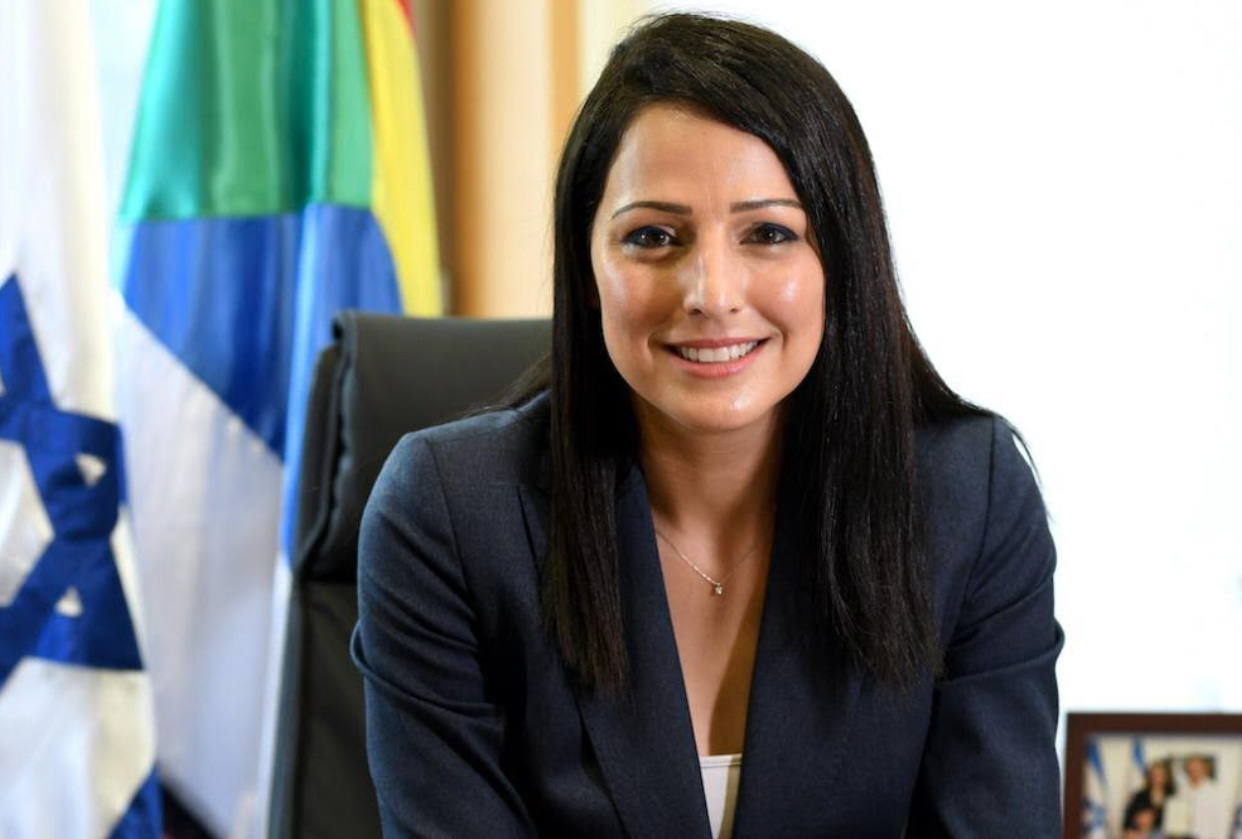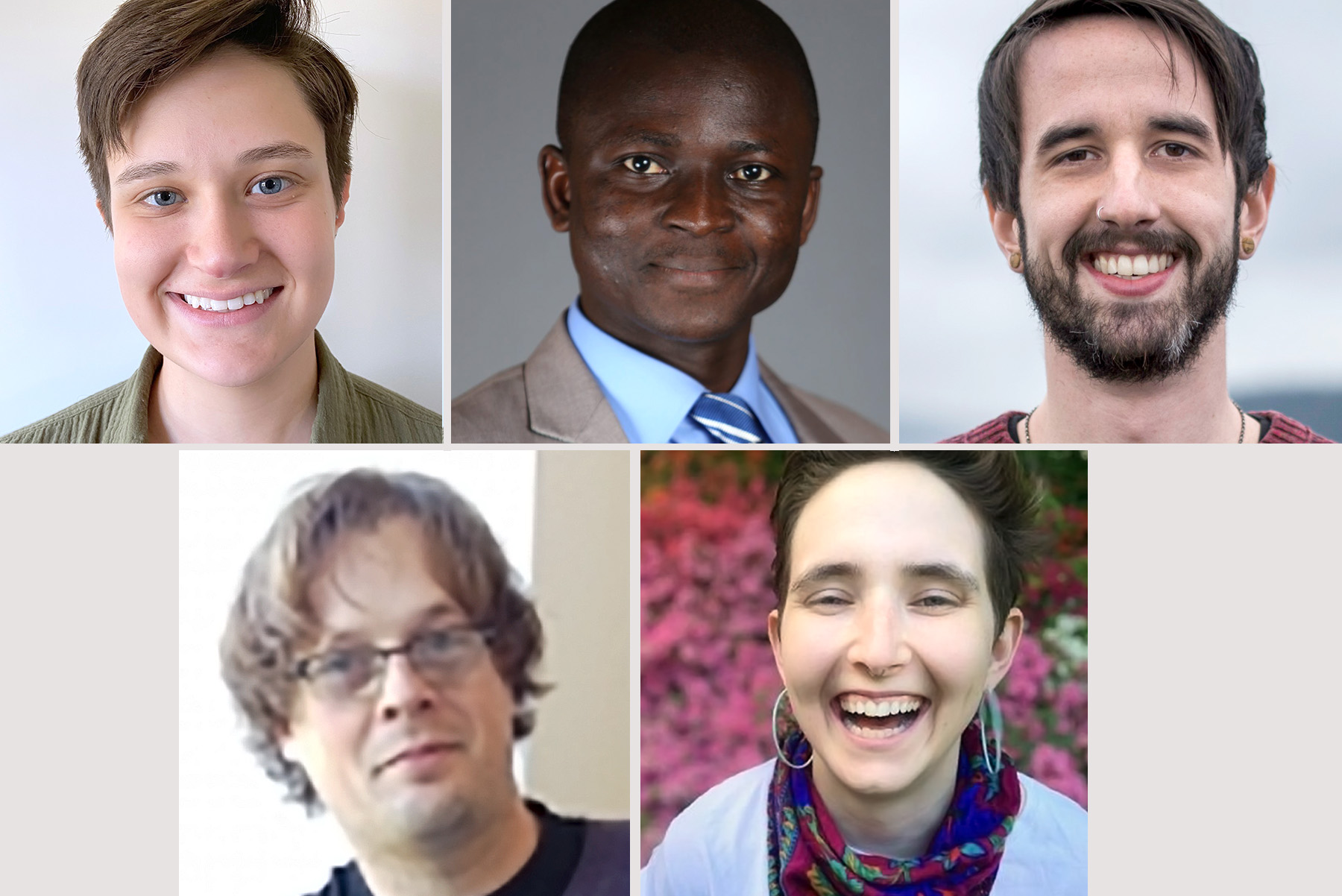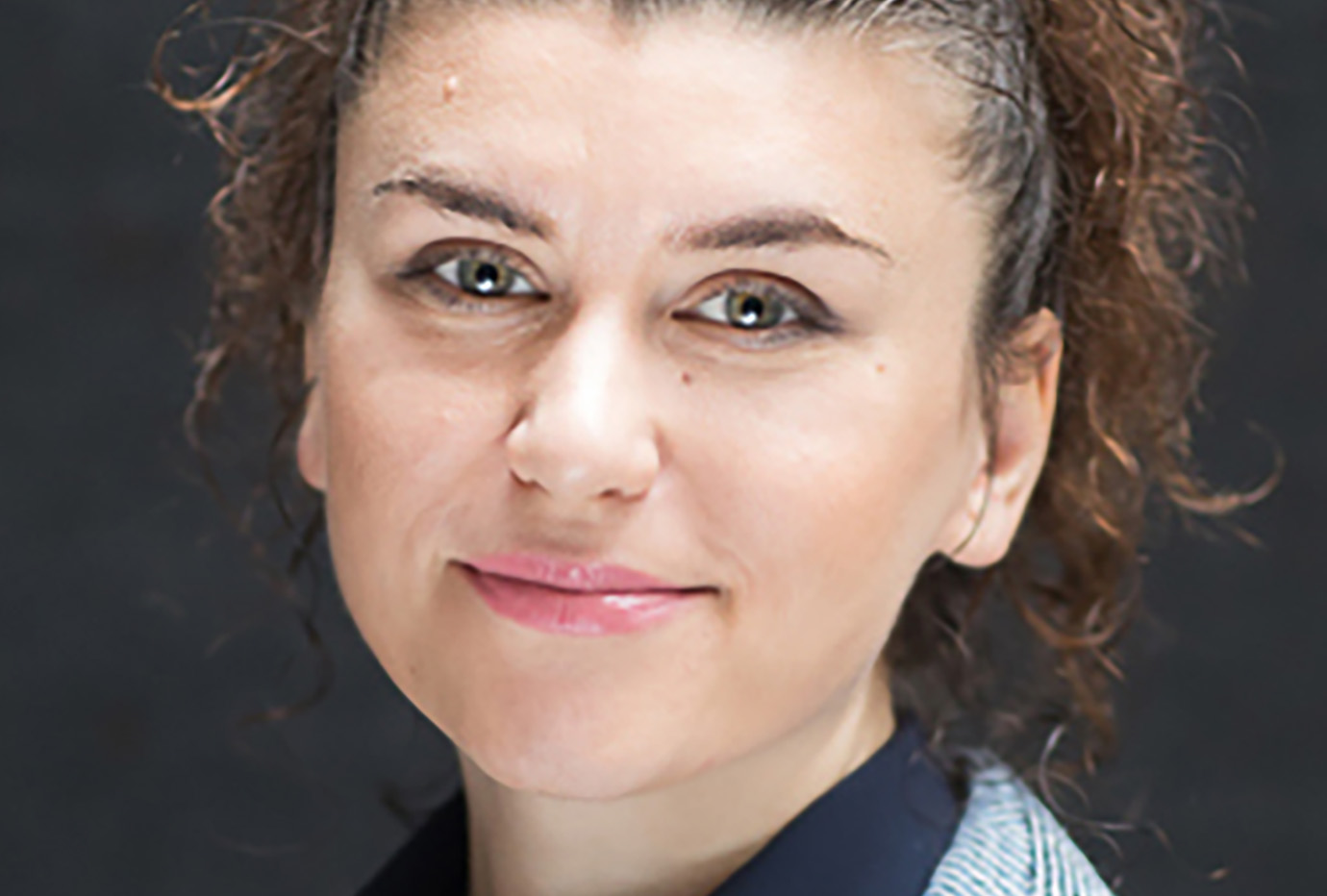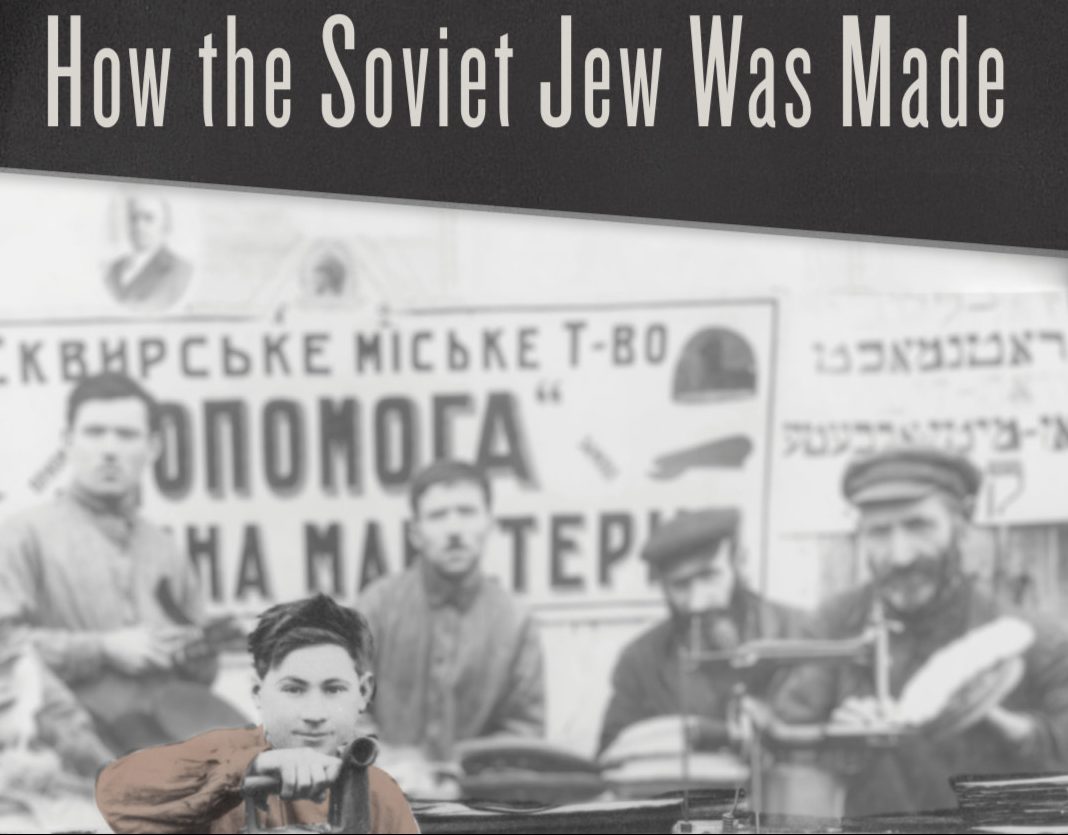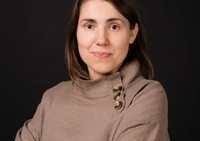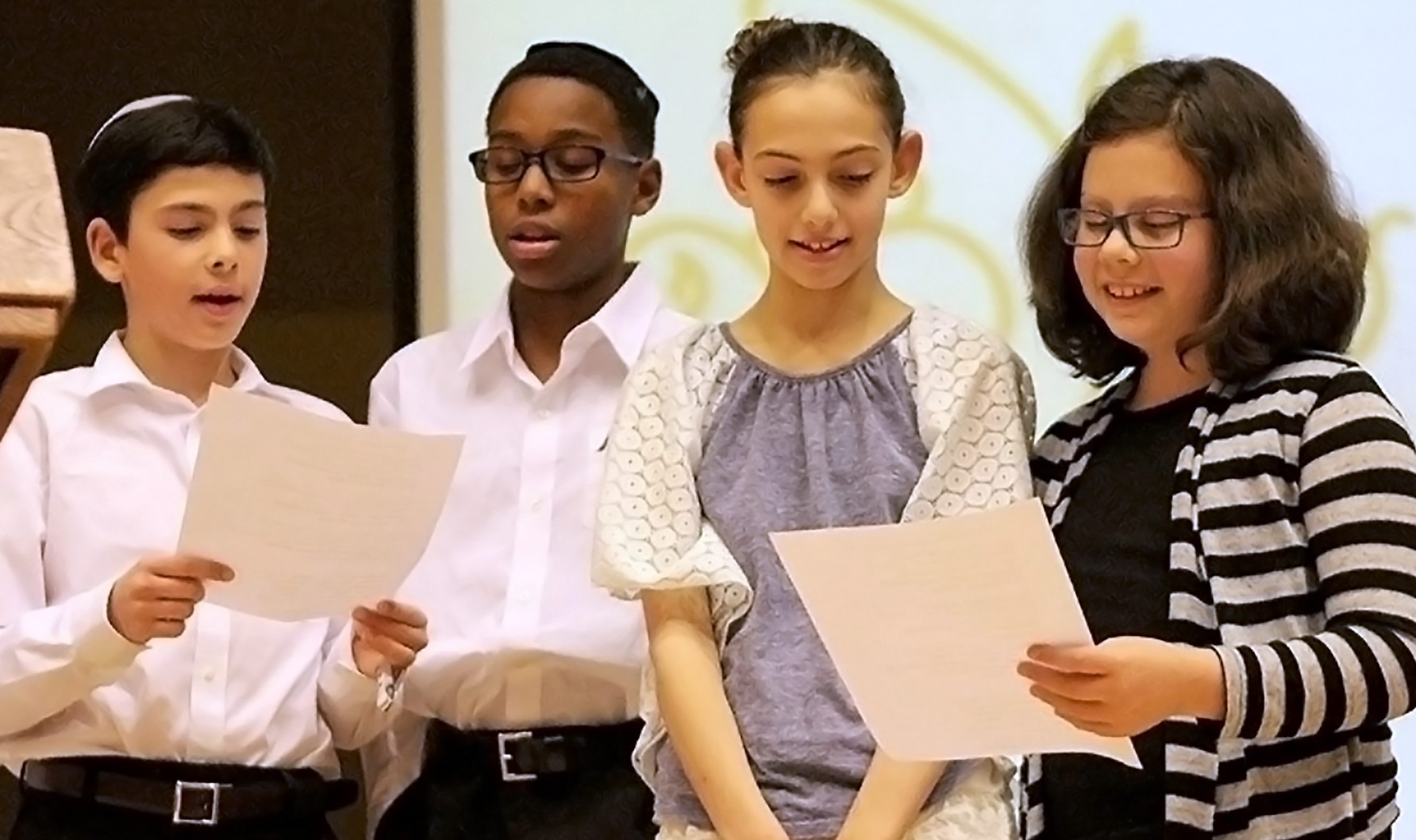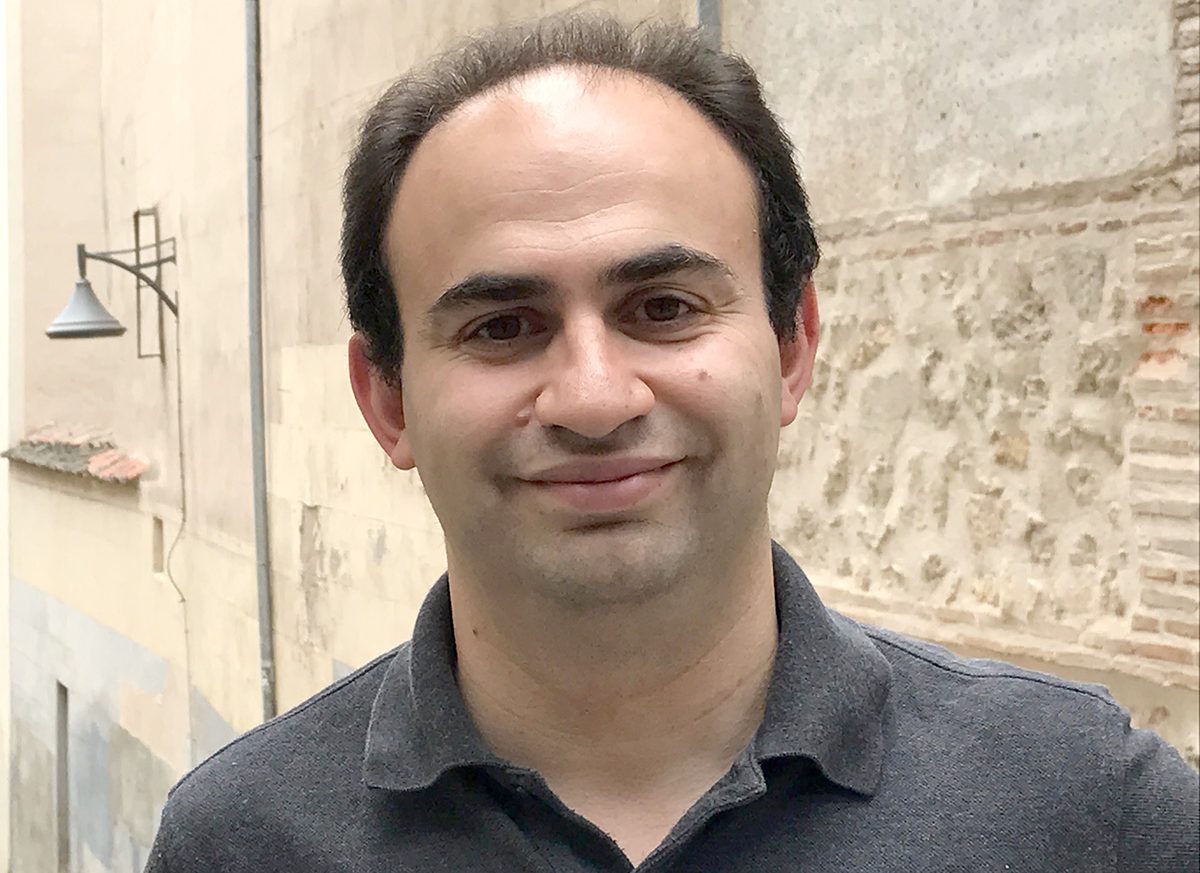5/20 SEMINAR | Jewish Writers from 20th-Century Ukraine: In the Shadow of the Holocaust
A reading & discussion-based online seminar with faculty member Sasha Senderovich, looking at the prose and poetry of Jewish writers from Ukraine at three key moments in the 20th century. Advance registration required.
5/23 EVENT| An Evening with Gadeer Kamal-Mreeh
HUB 145, UW Campus 4001 E Stevens Way NE, Seattle, WA, United StatesIsraeli/Druze emissary to the U.S. Gadeer Kamal-Mreeh will discuss her experiences as a journalist and former Knesset member, and "the complexity of Israel," with faculty member Alan Dowty.
GRADUATE COLLOQUIUM | Political and Archival Policies: International and Local Perspectives
Zoom 0Graduate fellows Francis Abugbilla and Lili Brown present about Israeli foreign policy in Africa and archiving local Sephardic history.
GRADUATE COLLOQUIUM | Reimagining Jewish Narratives in New Contexts: From Antiquity to the Present
Zoom 0Graduate fellows Aaron Carpenter, Shelby Handler, and Forrest Martin present their research in 20-minute presentations.
6/1 TALK | Silenced Horrors: Sexual Violence During the Holocaust in Ukraine
Zoom 0In this talk, Marta Havryshko (Ukrainian National Academy of Sciences) will discuss the silence around sexual violence that occurred in Ukraine during the Holocaust, and the devastating impact of this kind of violence in this and in other wars and genocides.
10/6 TALK | How the Soviet Jew Was Made — Sasha Senderovich
HUB 214, UW Seattle Campus 4001 E Stevens Way NE, Seattle, WA, United StatesFaculty member Sasha Senderovich will discuss his recent book, "How the Soviet Jew Was Made."
10/19 TALK | Arabian Judaism and Early Islam
Zoom 0Who were the Jews of late ancient western Arabia? Hamza M. Zafer will explain how the Quran and other early Muslim writings provide tantalizing evidence about these communities.
10/26 TALK | The Jews of Medieval Baghdad in the Abbasid Era
Zoom 0Learn about the significant Jewish population — including Talmudic yeshivas, government officials, and financial agents — that resided in Baghdad, at the heart of the Abbasid caliph's imperial rule, for more than 500 years.
11/2 TALK | Jews and Muslims in Colonial Algeria: Between Intimacy and Resentment
Zoom 0Yuval Tal will explore the unique relations between Muslims and Jews in the French colony of Algeria between 1830 and 1962, examining the culture they shared and how colonial rule shaped their daily encounters.
11/10 TALK | Coffeehouses, Parks, and Neighborhoods: Jews and Muslims in 20th-Century Cairo
Zoom 0Alon Tam will explore the social history of the Jewish community in Egypt, looking at public places such as coffeehouses, parks, neighborhoods, and more.
11/15 EVENT | Territories of Ladino in its Postvernacular Mode: The Case of Poetry and Literary Translation
Denny Hall 213In this seminar Dr. August-Zarębska will explain the concept of postvernacularity and will argue that the revival of Sephardic literature from the late 1970s till now may be seen as a part of the postvernacular Ladino culture.
12/1 EVENT | Israeli Elections Panel
Zoom 0On the heels of the 5th Israeli election in 4 years, the Stroum Center for Jewish Studies' Israel Studies Program invites you to attend a panel of experts as they debrief the results and talk about what the outcome means—both for the future of Israel, and the world at large.
12/4 EVENT | Ladino Day 2022: The Future of Ladino
Zoom 0On the tenth anniversary of Ladino Day, UW's Sephardic Studies Program presents four experts from different generations, all working to revitalize Ladino (Judeo-Spanish), the traditional language of Sephardic Jews.
1/31 STUDENT EVENT | Feasting with Faculty ft. Assistant Prof. Senderovich
Taste of India 5517 Roosevelt Way NE, Seattle, WA, United StatesJoin Sasha Senderovich, a professor of Russian Studies and Jewish Studies, for informal conversation over a free vegetarian dinner. Open to undergraduate and graduate students.
2/8 TALK | Michal Raucher on Medicine and Religion: Doctors and Rabbis in Israel
Zoom 0In this talk, Michal Raucher analyzes the relationship between doctors and rabbis in Israel to illustrate how its complexities can prevent Haredi women from receiving quality medical treatment.

